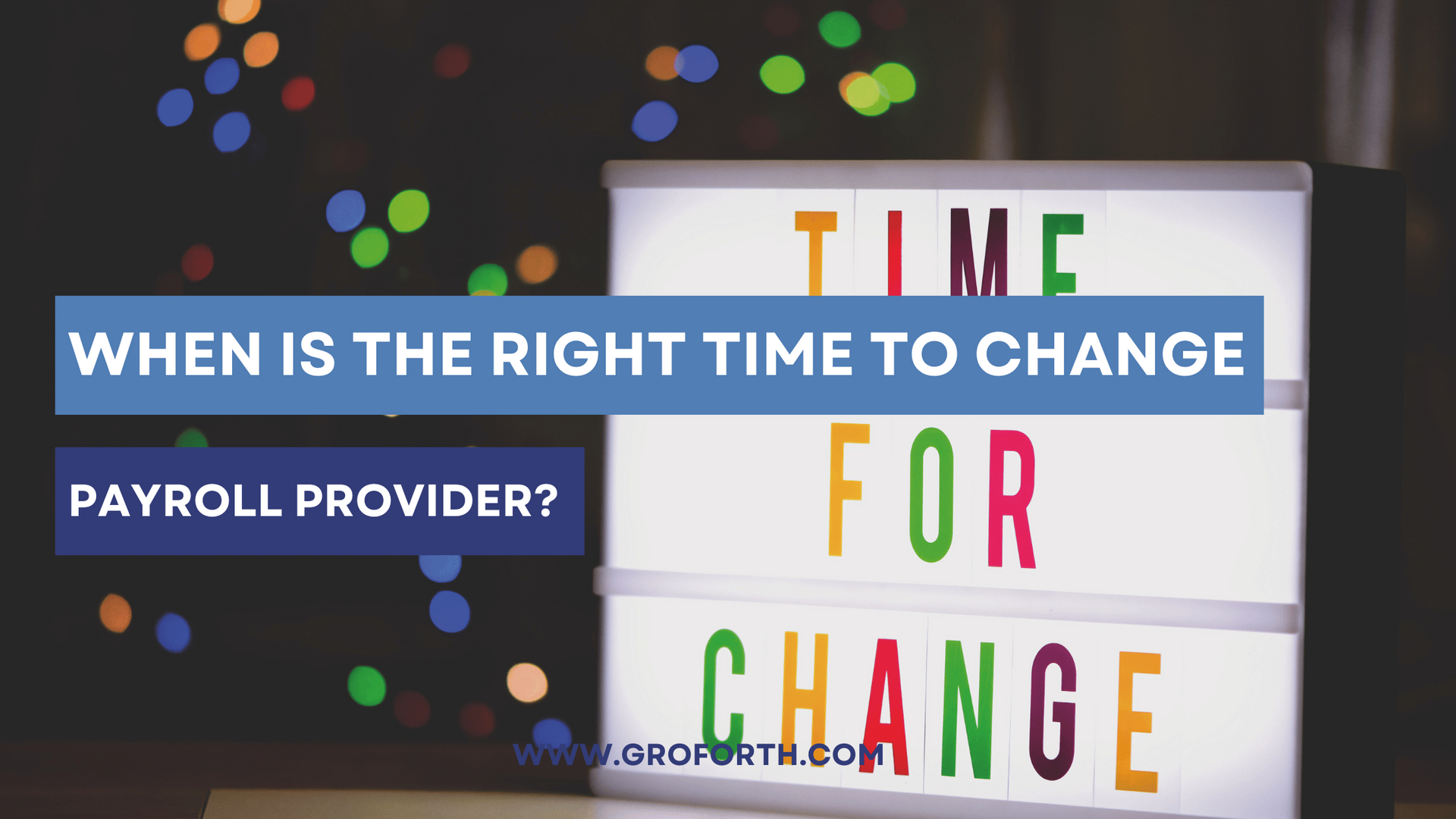Why You Need Management Accounts and How to Use Them

When costs are rising, it’s more important than ever to keep tabs on the cash coming in and going out of your business. In this article, GroForth’s Ashley explains:
• The difference between financial and management accounts
• How to prepare management accounts
• How to use management accounting information
• What to do if you don’t have time to keep your accounts up to date
When time is in short supply, bookkeeping and accounts sometimes go on the back burner. This needs to be nipped in the bud because left unattended it can exacerbate problems in your business and end up costing you money.
When I make this point to clients, I’m often asked to explain the difference between financial accounts and management accounts.
What is the difference between financial accounts and management accounts?
Financial accounting information is used to produce your annual financial statements. When your accountant prepares this document, the information it contains can be up to a year old.
Management accounts, on the other hand, are produced on a monthly or quarterly basis and are a planning and decision-making tool. When your management accounts are up-to-date and reliable, they contain information that can help you work out what’s working well in your business, and what needs to change. This, in turn, helps you to streamline business processes and improve your bottom line.
How do I prepare management accounts?
The information required for your management accounts is mostly contained in your bookkeeping and accounting records. It includes information about your company’s available cash, income from sales, accounts payable and money that you are owed. If you use software like Xero or SortmyBooks, these can be used to generate various management reports that will help you understand your business finances so that you can plan ahead and budget more effectively.
How do I use management accounting information?
When costs are rising, as is the case at the moment, it’s more important than ever to understand where the cash in your business is going. Management accounts enable you to monitor your business’s key performance indicators and compare your actual performance and outcomes to your budget on a monthly or quarterly basis.
Where your management accounts highlight an issue such as an increase in late payments, you can look for potential solutions — perhaps, switching to GoCardless payments or improving your credit control procedures. Likewise, if you spot a downward trend in orders or sales, you can take corrective action before the problem gets out of control.
You can also use management accounts to identify things like your most profitable products and services. This can help you to decide how and where to allocate staff and other resources within your business. Better still, provided you keep your records up to date, management accounts give you real-time information about your business all year round.
What if I don’t have time to keep my records up to date?
If you’re struggling to find time for your bookkeeping and accounting, the chances are your accountant will already have suggested finding an external bookkeeper. When selecting your service provider, check that they can provide a reliable, relevant management accounting service.
GroForth’s management accounting service is designed to help you improve your business performance and increase profitability. To find out more about our services,
please contact a member of our team.
GroForth Blog










